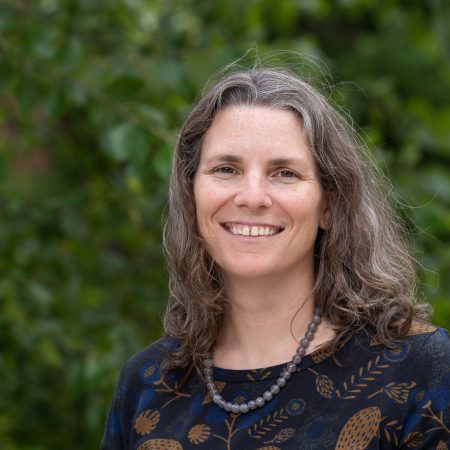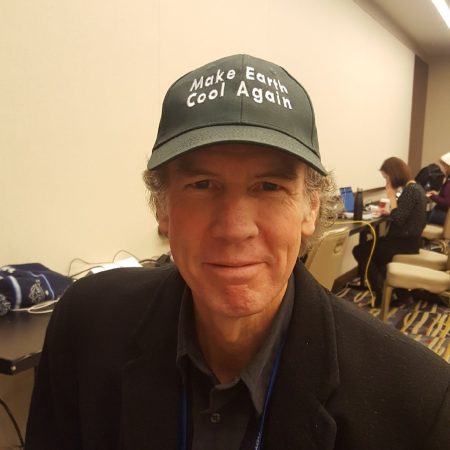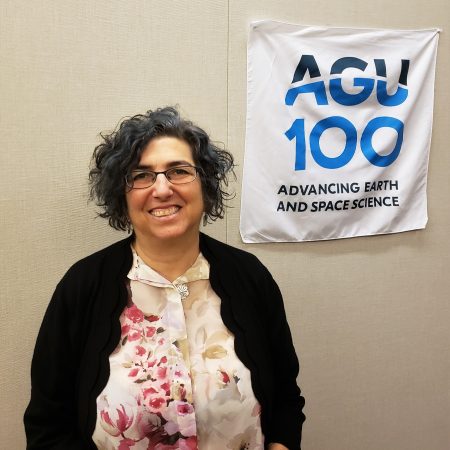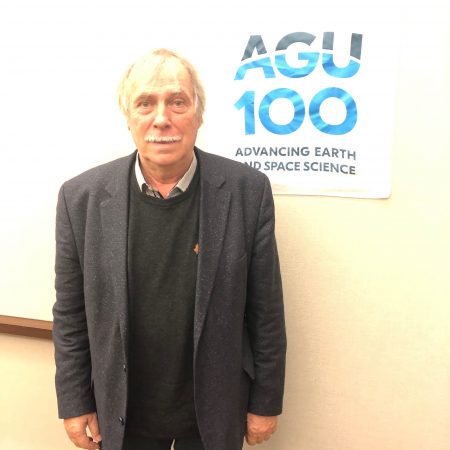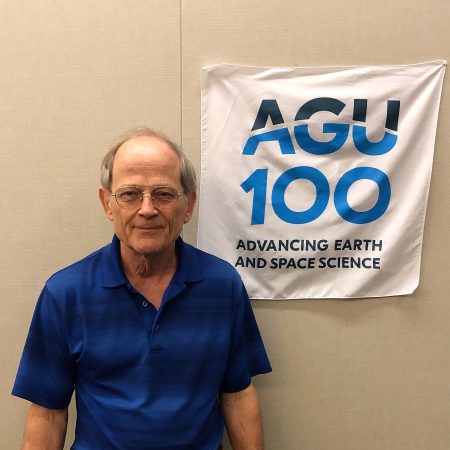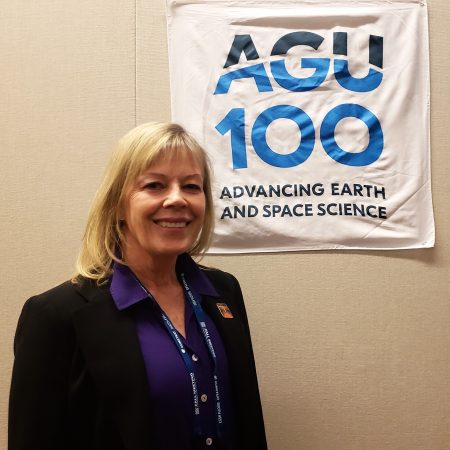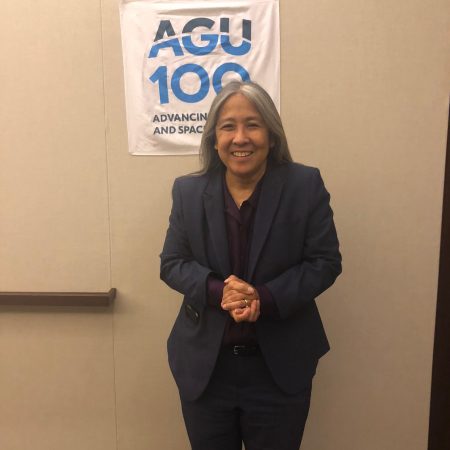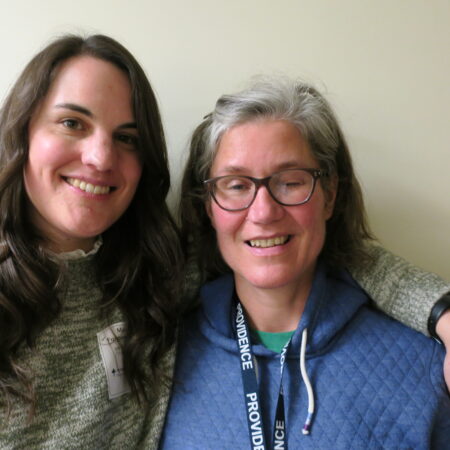Refine
Date Range Clear
Recorded by Clear
Keywords Clear
Partnerships Clear
- Providence 11
- Providence Mount St. Vincent 6
- Providence Institute for Human Caring 3
- 2023 Mobile Tour 1
- Marfa, TX 1
- Minot Sleeper Library 1
- Providence Home and Community Care 1
Organizations Clear
- American Geophysical Union 82
- NASA 18
- National Aeronautics and Space Administration 9
- AGU 8
- Hear Me Now Providence 8
- 49 more
Places Clear
- AGU 2018 Fall Meeting 166
- Washington DC 166
- San Francisco 23
- AGU 2019 Fall Meeting 22
- AGU 8
- 105 more
Languages Clear
Initiatives Clear

Mary Bonan Capka (61) discuses her family history with transplants, kidney disease and the transplant process.
AGU Virtual Poster Showcase Winner Interview with Amanda Gerotto, PhD student at the Oceanographic Institute at the University of Sao Paulo.
With great data comes great responsibility. Ruth Duerr, a self-described scientific “generalist,” and Steve Diggs, an ocean data specialist, take on years of efforts by scientists to inform the public while stopping short of being policy advisors. As data improves,...
Kayla and Nike interview Kayla Cullum, a UMD staff member and Team Leader at Sentinel Swamp volunteering for Good Neighbor Day 2019.
In this interview, conducted on November 26th, 2023, in Vestavia Hills, Alabama, Mary Catherine Morrow (17) has a conversation with her mother, Michele Morrow (50), about her family history and growing up in Birmingham, Alabama. Mrs. Morrow shares stories about...
Jonathan Bamber has always loved to climb mountains. It’s why, when he wrote an essay about ice crystal formation in clouds as an 18-year-old undergrad, he found his calling studying glaciers and the natural environment. He’s traveled the world as...
Catherine Mushi, PhD student studying Water Resources Engineering at the University of Dar es Salaam discusses her work in the Congo River Basin and collaborating with peers both in the field and within the community. She shares her experience as...
Barbara Brady: 2021-06-24 16:05:21 Barb Brady (FGP Director in MT) talks with Bernard Nash (age 98) in Illinois, who was tasked in 1965 by the Johnson Administration to design a program to help our country. The Foster Grandparent Program is...
Ellen and Lonnie share stories of their lives and careers together as paleoclimatologists collecting ice cores. The two also discuss how the common language of science transcends boundaries and can build bridges. (Recorded 14 December 2017)
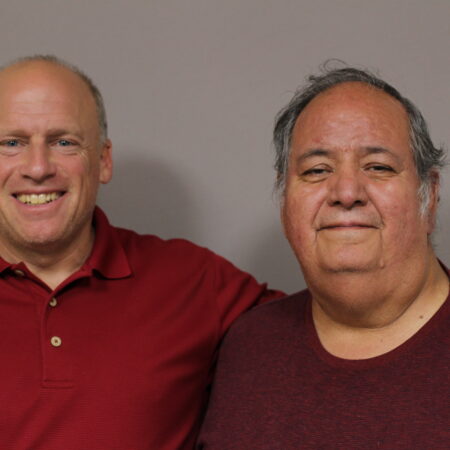
Brian Kates (51) and Lonni Miera [no age given] talk about their work in the neighborhood with the Meadows Park Community Center and the importance of helping others.
Sonia Esperanca, Program Director for the National Science Foundation, supports earth-science research in the academic community. She shares her journey from Rio de Janeiro to the United States, Israel, Australia, and elsewhere. Having an understanding of landscapes across the world...
Daniel Irwin’s first direct connection with NASA started in the small town of Flores in Guatemala. Amidst work dodging snakes and spiders in the jungle, he had a chance encounter with a researcher who handed him satellite mapping images of...
How can scientists capture the public’s imagination with science? In this interview, Gordon Grant, a research hydrologist with the US Forest Service and President-elect of AGU'S Earth and Planetary Surface Processes Section, shares his experience of bringing a river to...
Paths Through Science Interview for AGU's Centennial with Amy Keesee, Associate Professor, University of New Hampshire, Department of Physics and Space Science Center.
After a career of 30 years studying climate change, Steve Ghan embarks on another journey of steps to "Make Earth Cool Again" as he is recognized as Fellow of the American Geophysical Union during the AGU 2018 Fall Meeting.
Jill Marshall, Assistant Professor of Geology at the University of Arkansas thought she was ready to go to college, but there she was on the campus of Boston University as a freshman overwhelmed by her surroundings and on shaky financial...
With complex modeling to guide future decisions, Daniel Schertzer, Parisian professor at Ecole des Ponts ParisTech and nonlinear geophysicist is leading the field into new territory – urban climate challenges. Cities, each occupying a relatively small portion of the earth,...
Bruce Wielicki, a NASA Langley climate scientist, discusses his collaboration with economists to help non-scientists understand how climate change will hit them in the wallet, and how they could reduce that risk with modest investments in improved climate science. He...
James Famiglietti, hydrologist and Director of the Global Institute for Water Security, University of Saskatchewan, discusses his work with NASA's Gravity Recovery and Climate Experience (GRACE) and the evolution of technology throughout his career including its impact on water security....
Chasing storms is “a lot of boredom, and a little bit of excitement”, as Don MacGorman says. He discusses the planning that goes into storm chasing and all the precautions he and his team take to ensure they remain safe...
John Bolten doesn’t need to get his hands dirty to learn about crop yields. Using satellite images, the Associate Program Manager of Water Resources for the NASA Applied Sciences Program has worked with the U.S. Department of Agriculture to directly...
Laurie Cantillo, the Deputy Director of Communications and Education at the Jet Propulsion Laboratory, talks about her journey to become a science communicator. She developed an interest in science at an early age spending time in the outdoors with her...
While growing up in Tunisia Dr. Mehdi Benna dreamed of being a space scientist. Yet his future was uncertain after the first missions he worked on failed. Learn more about how Dr. Benna overcome adversity, what motivates him to go...
Laura Kong is the director of the International Tsunami Information Center and, given that her organization is based in Hawaii, she directly understands the importance of a tsunami warning system. Tsunamis might be infrequent but can be deadly when they...
Two friends tell the story of how they met, their journey to becoming chaplains, how their friendship deepened but also changed.
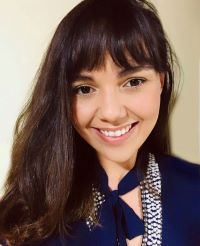
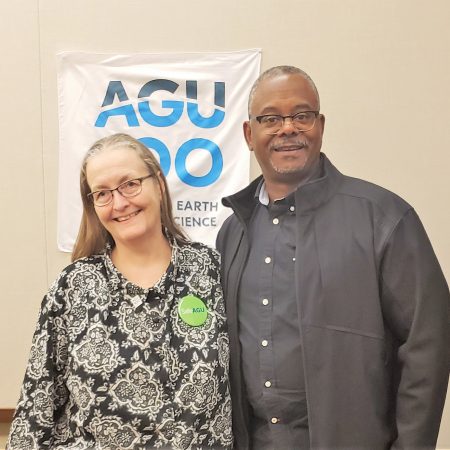
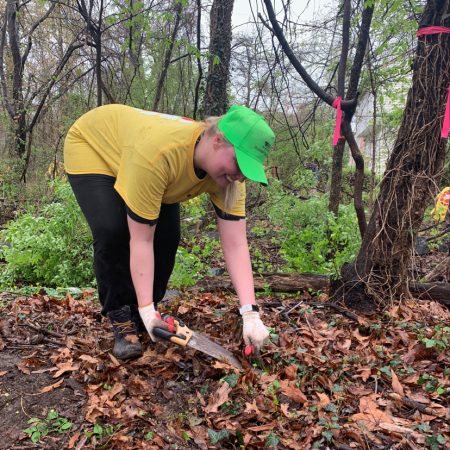
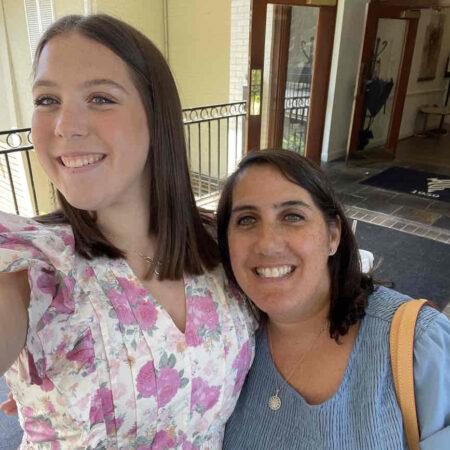
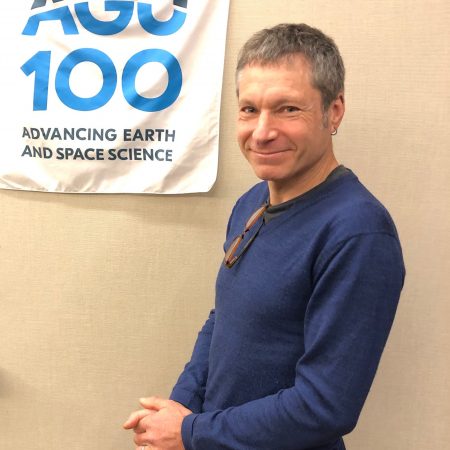
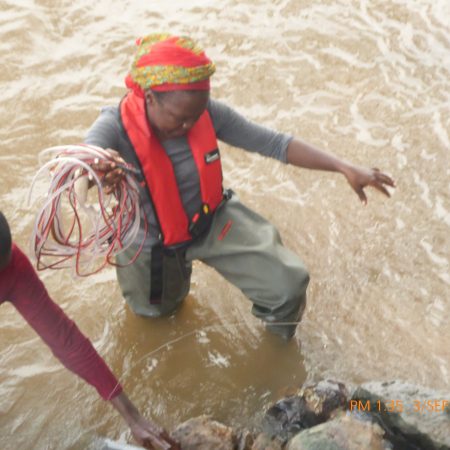
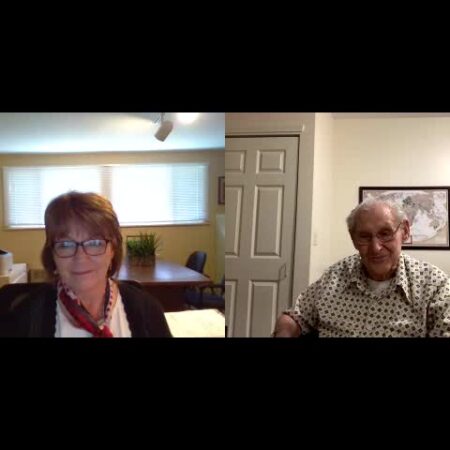
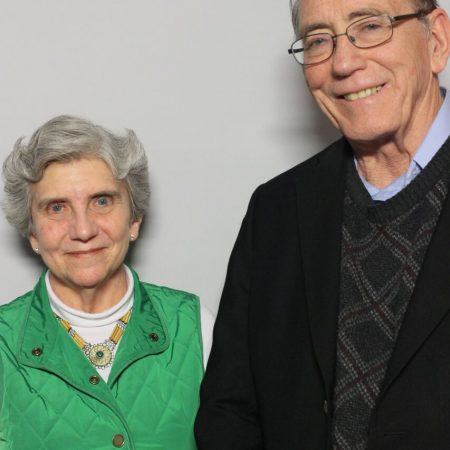
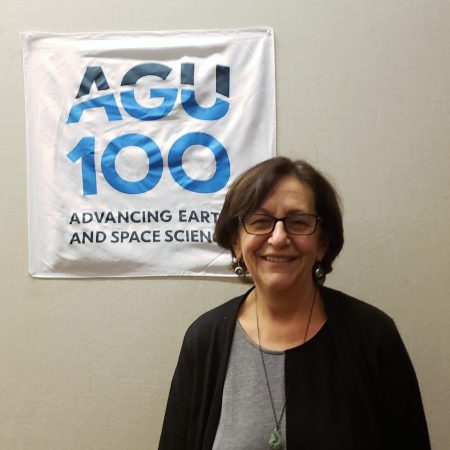
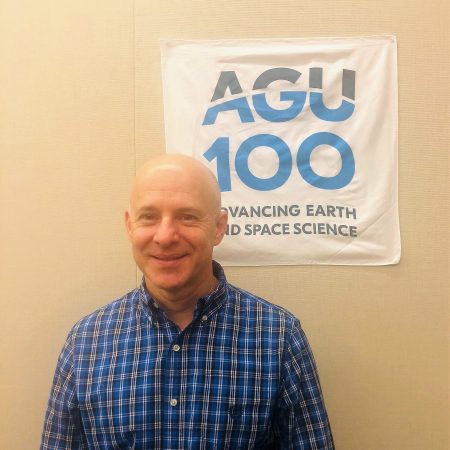
!["Science is a process of understanding nature; [we can] help people see science as a means of doing that." an interview with Gordon Grant](https://archive.storycorps.org/uploads/2019/02/20181211_Gordon-Grant-450x450.jpg)
